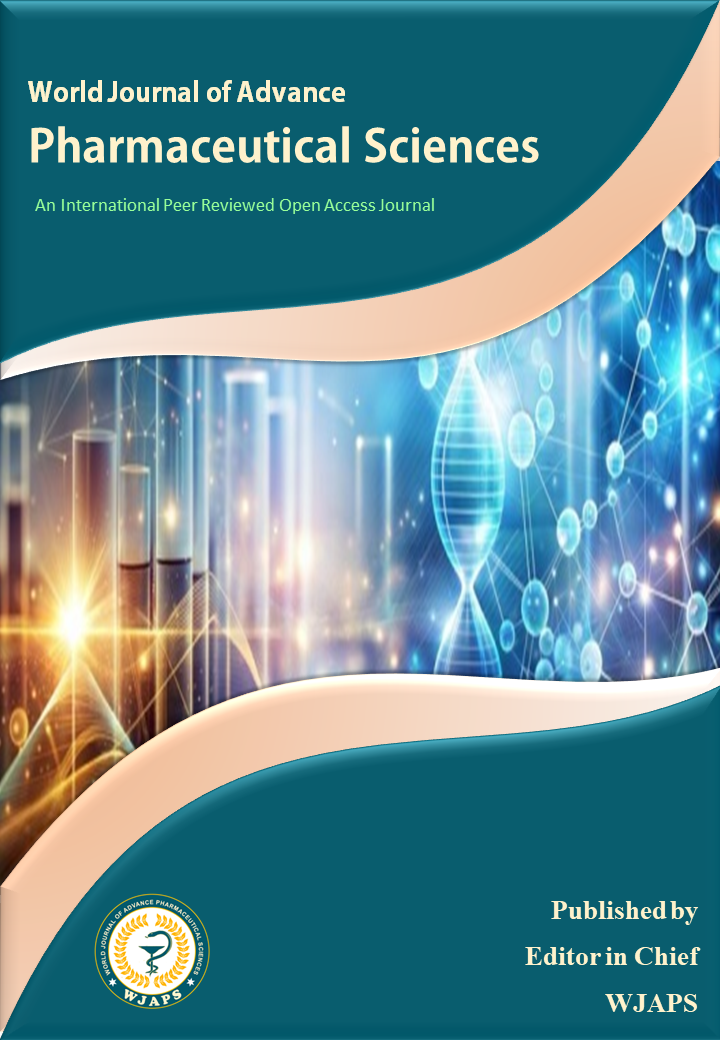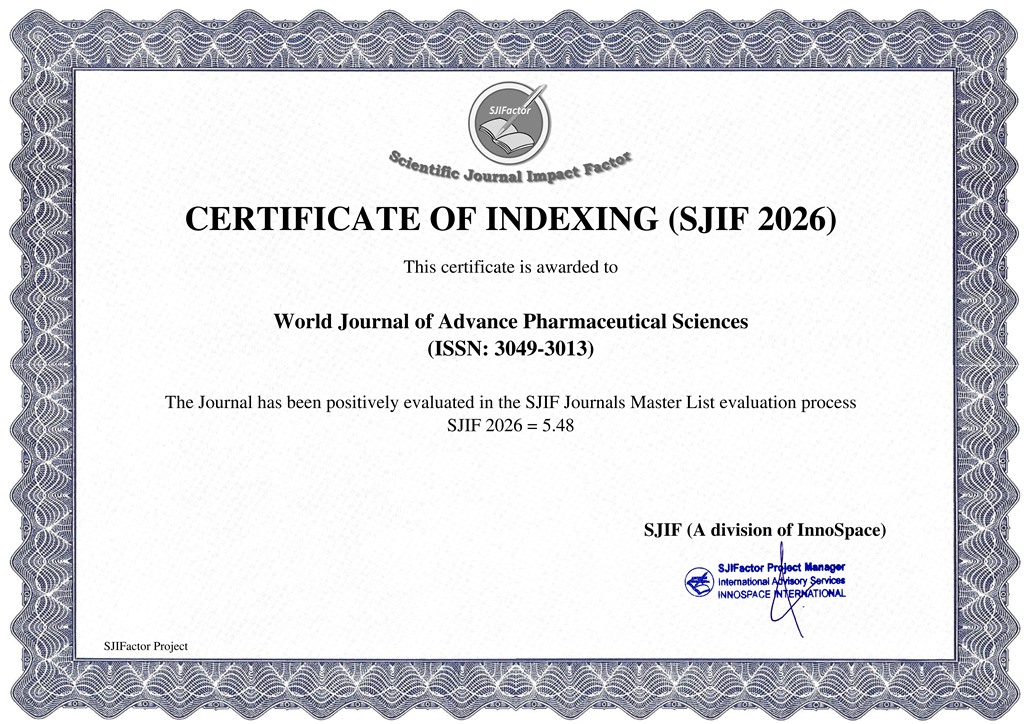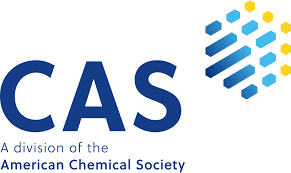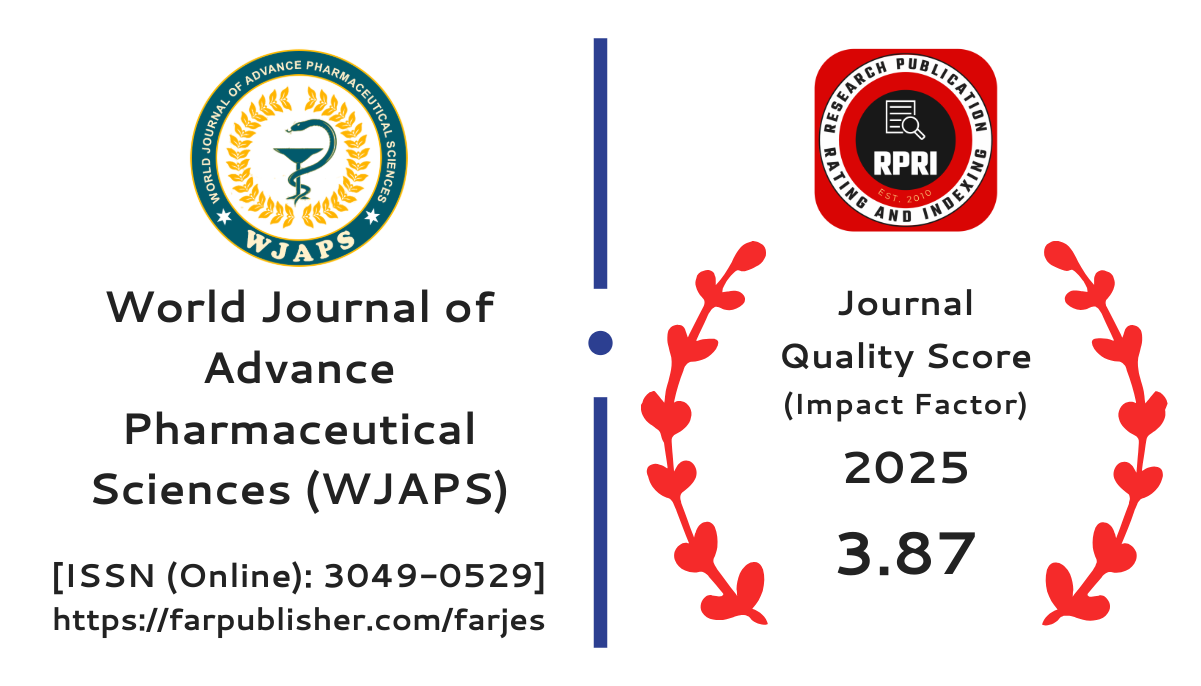EVALUATION OF ANTI-DIABETIC ACTIVITY OF ETHANOLIC EXTRACT OF MORINDA CITRIFOLIA ON STZ INDUCED RATS
K. Kalaiarasi*, P. Saranya, L. Gopi, T. Sivaranjini, Dr. V. Kalvimoorthi and Dr. K. Kaveri
This study explores the protective and hypoglycemic effects of Erythrina indica (EEMC) on lipid profiles of serum in streptozotocin (STZ)-induced rats suffering from diabetes. Numerous plants have traditionally been used to treat diabetes, with compounds like polysaccharides, flavonoids, terpenoids, tannins, and steroids known to exert antidiabetic effects. EEMC contains these bioactive compounds, which likely contribute to its observed hypoglycemic activity. Streptozotocin administration in rats induces rapid destruction of pancreatic β-cells, impairing glucose-stimulated insulin release and causing insulin resistance, hallmark features of type II diabetes. While oral hypoglycemic agents and insulin are used to manage diabetes, there is emerging interest in herbal remedies due to the ill effects of conventional drugs. The study shows that EEMC significantly decreases level of glucose in blood (P < 0.05) in rats suffering from diabetes compared to controls. The potential mechanisms for its hypoglycemic effect include potentiation of pancreatic insulin secretion, enhanced glucose transport to peripheral tissues, and possibly other actions like inhibiting glucose production or stimulating gluconeogenesis in the liver and muscles. Diabetes often leads to hyperlipidemia due to decreased insulin levels and impaired lipoprotein lipase activity. The observed improvement in plasma lipid levels in EEMC-treated rats suggests its potential role in improving insulin secretion. These findings confirm that antidiabetic action of ethanolic extract of Erythrina indica bark, warranting further research to isolate and characterize the specific hypoglycemic compounds and understand their mechanisms of action.
[get full article]



























